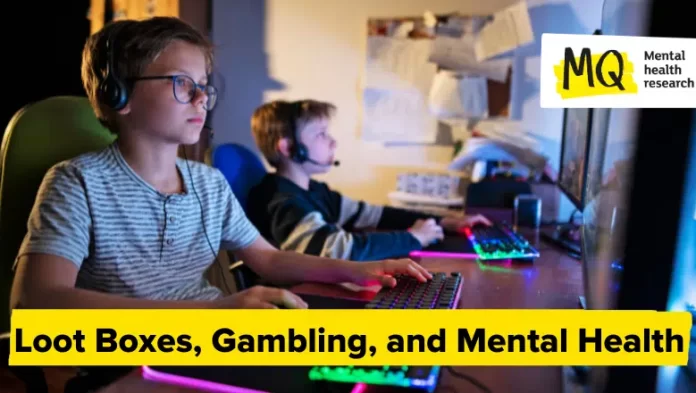Professor Mark Griffiths, director of the International Gaming Research Unit at Nottingham Trent University, emphasised the potential policy implications of these findings, stating,
“The result may be relevant for clinical practice and for the implementation of effective policies when it comes to preventing problematic loot box buying.” He further explained, “The data shows a clear relationship between depression and anxiety, found both as a precursor or as an outcome of gambling severity, and this may also be similar for loot box buying because, although weaker, anxiety and depression were both associated with riskier loot box buying.”
Cristina Villalba-Garcia, a researcher at the University of Gibraltar, urged caution in interpreting the findings but stressed their importance for future research. She stated,
“Although these findings should be interpreted with caution, we recommend that further research into these behaviours would ultimately be of great social and clinical relevance when it comes to minimising damage and regulating loot box buying under laws like those applied to gambling.”
Researchers also argue that understanding how loot boxes impact mental health—and vice versa—is particularly important when considering regulations, especially for vulnerable and high-risk individuals.
In a related article published in the American Journal of Psychiatry, Professor Demetrovics and his colleagues called for greater attention to behavioural addictions, including gambling, gaming disorders, compulsive shopping, problematic social media use, and compulsive sexual behaviour. They warned that the rise of the internet and smartphone access among young people has contributed to these addictions, often leading to worse treatment outcomes for those with pre-existing mental health conditions.
The review identified five key behavioural addictions: gambling, internet gaming disorder, compulsive sexual behaviour disorder, compulsive shopping disorder, and problematic social media use. The growing recognition of these issues highlights the urgent need for further research, regulation, and support for those affected.
Recently, MQ released a report examining the impact of internet use on children and young people’s mental health. Read more about what we discovered about loot boxes.


